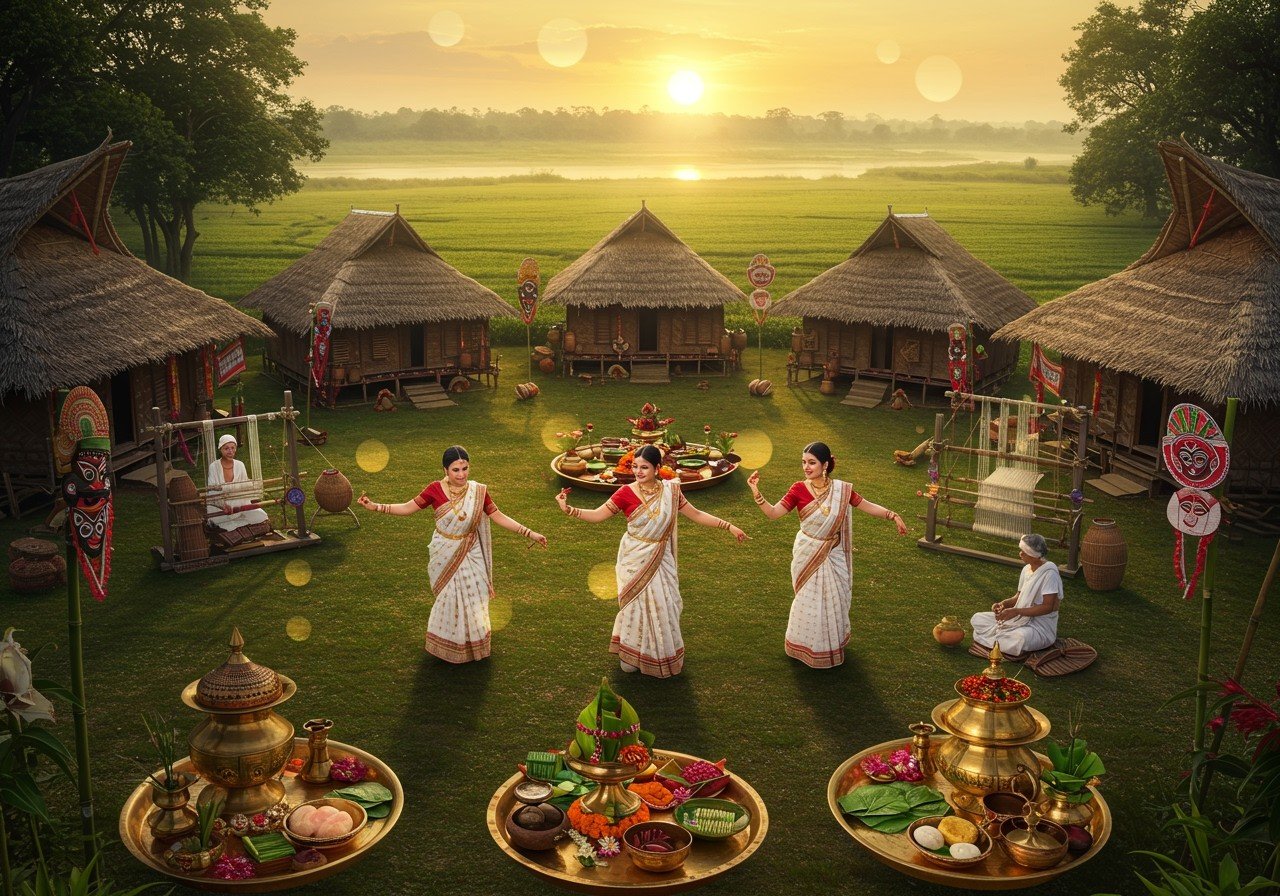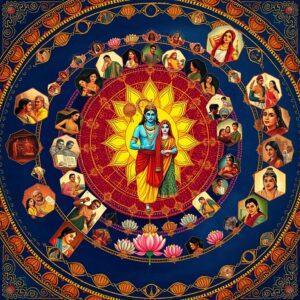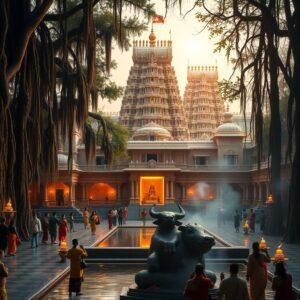
Assam, located in northeastern India, is a land of vibrant traditions, diverse communities, and captivating landscapes. This exploration delves into the heart of Assamese culture, from its historical roots to its modern expressions. Assam’s culture, influenced by Indo-Burmese, Mongolian, and Aryan elements, distinguishes it as the “Gateway to Northeast India.” The state’s unique ethnic composition, traditional jewelry making, musical instruments, and crafts like boat making and gunpowder production add to its cultural richness.
The Kalita Community: A Historical Perspective
The Kalita community holds a significant place in Assam’s history. With origins tracing back to ancient times, the Kalitas have contributed richly to the state’s cultural tapestry. Their social structures, traditional roles in agriculture, artistic pursuits, and literary contributions have shaped Assamese identity. The community’s unique religious practices and rituals continue to be observed, even as modernization influences their traditions.
Bihu: A Celebration of Life and Seasons
Bihu, Assam’s most celebrated festival, embodies the spirit of the region. Comprising three distinct forms – Rongali, Kongali, and Bhogali – Bihu marks the changing seasons and agricultural cycles. Traditional music, including the rhythmic Bihu dance and the melodious Husori songs, are integral to the festivities.
Each Bihu celebration is rich with rituals and customs:
- Rongali Bihu (April): Celebrates the Assamese New Year with vibrant festivities, traditional dances, and a spirit of joy and renewal.
- Kongali Bihu (October): A more somber occasion marked by lighting lamps and praying for a bountiful harvest, reflecting the lean period before the main harvest.
- Bhogali Bihu (January): A harvest festival filled with feasting, bonfires, and community gatherings, showcasing the abundance of the season.
Bihu’s historical roots are deeply intertwined with Assamese identity, and its contemporary celebrations continue to resonate with both urban and global audiences.
A Culinary Journey Through Assam
Assamese cuisine is a delightful blend of unique flavors and fresh ingredients. Rice and fish, staples of the diet, are prepared with traditional methods, often using local herbs and spices. From the tangy Khar to the flavorful Masor Tenga and the sweet Pitha, each dish tells a story of Assam’s culinary heritage. Influences from neighboring regions and traditional cooking techniques like bamboo steaming and banana leaf wrapping add to the distinctiveness of Assamese cuisine.
Assam tea, renowned worldwide, holds a special place in the region’s culinary landscape.
Preserving Assam’s Cultural Heritage
Preserving Assam’s rich cultural heritage is an ongoing endeavor. Government and non-government initiatives play a crucial role in promoting Assamese culture through museums, cultural centers, and festivals. However, modernization and globalization present challenges to these preservation efforts. Educating younger generations about the importance of their heritage is crucial for ensuring its continuity.
Tourism provides an avenue for sharing Assam’s cultural richness with the world. Digital platforms, including online marketplaces like Poojn.in, offer access to authentic Assamese ritual items, making it easier for individuals to connect with and participate in traditional practices.
Poojn.in offers a diverse collection of products related to Assamese traditions. You can find items such as:
- Traditional Sindoor Containers: Perfect for storing sindoor used in various Assamese rituals.
- Incense Sticks: Enhance your prayer rituals with fragrant incense, commonly used in Assamese ceremonies.
Community efforts are at the heart of safeguarding and promoting traditional practices, ensuring that Assam’s cultural legacy continues to flourish.
Exploring Assam’s Sacred Sites: Ugratara Devalaya and Other Spiritual Journeys
Assam’s spiritual landscape is dotted with numerous sacred sites, each holding deep significance for the people. Ugratara Devalaya, a revered temple dedicated to the goddess Ugratara, is a prominent destination for pilgrims. Other spiritual journeys include visits to the Kamakhya Temple, a powerful Shakti Peetha, and various other temples and shrines that reflect the region’s diverse religious beliefs. Learn more about Assam’s sacred sites.
Explore Assam’s spiritual heritage further with these insightful articles:
- Dhekiakhowa Bornamghar: Exploring Assamese Spiritual Heritage
- Dhekiakhowa Bornamghar: A Journey Through Time
Conclusion
Assam’s cultural heritage is a vibrant tapestry woven with threads of tradition, spirituality, and artistic expression. From the historical contributions of communities like the Kalitas to the joyous celebrations of Bihu and the unique culinary experiences, Assam offers a rich and immersive cultural experience. By embracing and preserving these traditions, we ensure that the spirit of Assam continues to thrive for generations to come.


